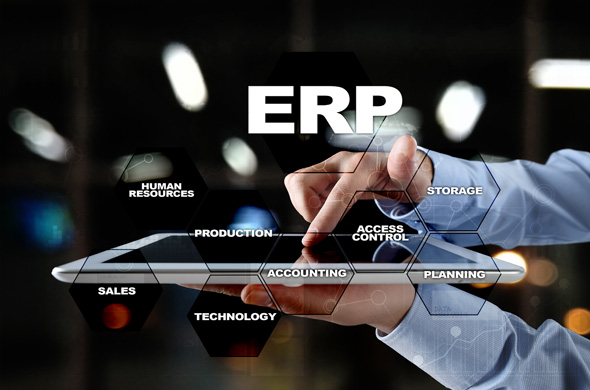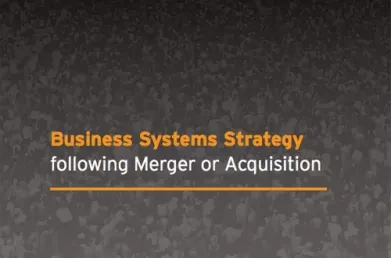The benefits of Finite Production Scheduling in Food and Beverage
Generally the issue with standard production planning and scheduling in ERP systems is that it is usually based on some form of MRP. These standard solutions assume infinite capacity, and work using lead times that include queuing time as well as processing time and typically take into account only a couple of other constraints such as due date and minimum batch size. There are many other constraints and rules to be considered to create a feasible schedule.
The usual result is that planners resort to spreadsheets! These solutions do best in a straight-forward planning environment with low mix complexity, small number of large batch production runs, long lead times, high finished goods inventory levels and safety stocks, with little variation in production processes. In summary, they work well in an environment where there isn’t really much of a production planning challenge to solve in the first place!
As your organisation grows, Advanced Scheduling tools may be required to provide capable-to-promise and what-if scenario capabilities. Its calculations are based on Finite Capacity and may look to the ERP system for master data such as Bills of Materials, and Routings. The Capacity constraints for each required resource and sequencing rules may be managed in the Advanced Scheduling tool. Advanced Scheduling uses a combination of backward and forward scheduling and is based on the use of rules and a detailed understanding of the constraints of the environment to produce a feasible production schedule.

The benefits of advanced finite production scheduling include:
- Reduced effort to reschedule which means that you can do more with less resources as the business expands, e.g., deferred hiring of Production Schedulers.
- Real time information on lead time and throughput as opposed to theoretical data.
- Actual data and what-if scenario modelling allows the organisation to identify, understand, and plan to optimise (e.g., lot sizes, product grouping, and resource bottlenecks).
- Optimised process change-overs and product sequencing.
- Planned preventative maintenance resulting in increased production efficiency.
- A reduction and levelling of inventory.
- Reduced waste due to better use of ingredients with expiry dates.
- Labour load levelling and identification of required skilled resources.
- Accurate capable-to-promise data including realistic delivery date quotes.
- The production of feasible Production Schedules which will help to improve customer satisfaction.
Select an Advanced Scheduling tool which is appropriate for your requirements and which will allow you to realise your business strategy and benefits. Keep it simple - implement the Advanced Scheduling solution in a number of phases. You will not be able to solve all the problems in one go! Prioritise the implementation phases based on the benefits to be realised by eliminating the pain points. Implement the solution, capture the key performance indicators, and then optimise the rules and assumptions through continuous improvement as you get more data.
With an Advanced Planning and Scheduling tool, a food and beverage company can become a demand and scheduling led organisation rather than manufacturing led.
This blog was written by Justin May, Principal Consultant at Lumenia. For further information on Lumenia or on Finite Production Scheduling please send an email to Justin May.


